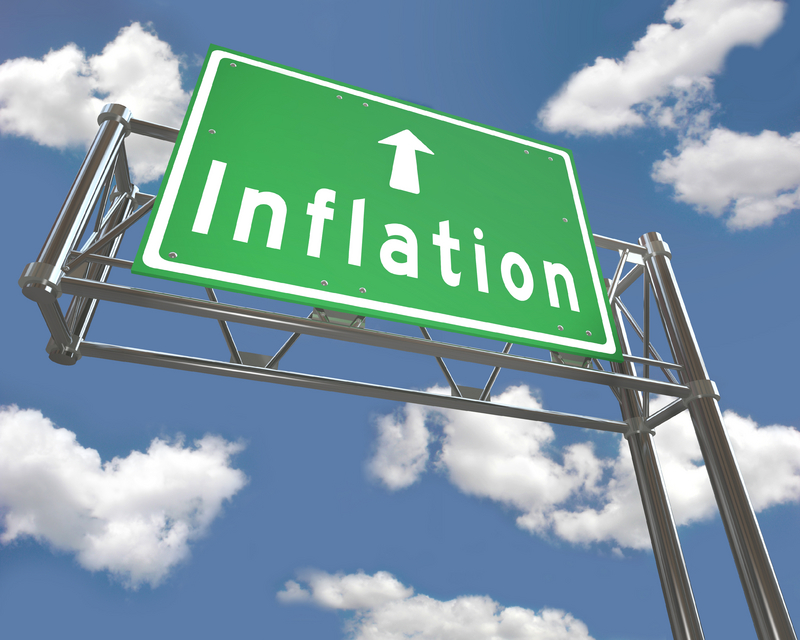News
UK inflation at 11-month high

UK consumer price inflation rose by 0.2% in the year to December, according to figures from the Office for National Statistics.
Today’s figures represent a slight increase from the 0.1% CPI annual inflation number recorded in November 2015.
This is the first month since January 2015 the rate has exceeded 0.1%, continuing the trend since early last year of the rate being close to zero.
Movements in transport costs, particularly air fares and to a certain degree motor fuels, were the main contributors to the rate rise.
But the price of alcohol and tobacco along with food and non-alcoholic beverages partially offset the rise.
Near-zero inflation expected to continue
Commenting on the figures, Maike Currie, investment director at Fidelity International, said: “The trend of near-zero inflation is expected to continue as a slowdown in the emerging world and the global manufacturing sector puts a dampener on demand.
“Persistently weak inflation means there is little incentive for the Bank of England to raise interest rates. Those wanting an early rise may point out that the big falls in food and petrol prices in early 2015 will soon drop out of the inflation numbers in coming months. However, as these temporary pressures wane, the key drivers determining the future path of inflation will increasingly be domestic costs, specifically labour costs.”
UK economy still heavily reliant on consumer spending
Ben Brettell, senior economist at Hargreaves Lansdown said: “The Bank’s most recent minutes reiterate its expectation for inflation to increase modestly in the coming months, though they also note that continued weakness in the oil price makes it likely this will be more gradual than previously forecast.
“Core inflation, which strips out volatile components like food and energy, rose to 1.4% in December from 1.2% the previous month. If this upward trajectory continues it could offer some comfort to those hoping for a rate rise. However, other economic data has been weak recently – wage growth is predicted to have slowed again when figures are released tomorrow, and productivity remains a puzzle. Recent industrial production figures disappointed, suggesting the UK economy decelerated toward the end of 2015, and is still heavily reliant on consumer spending.”
[article_related_posts]